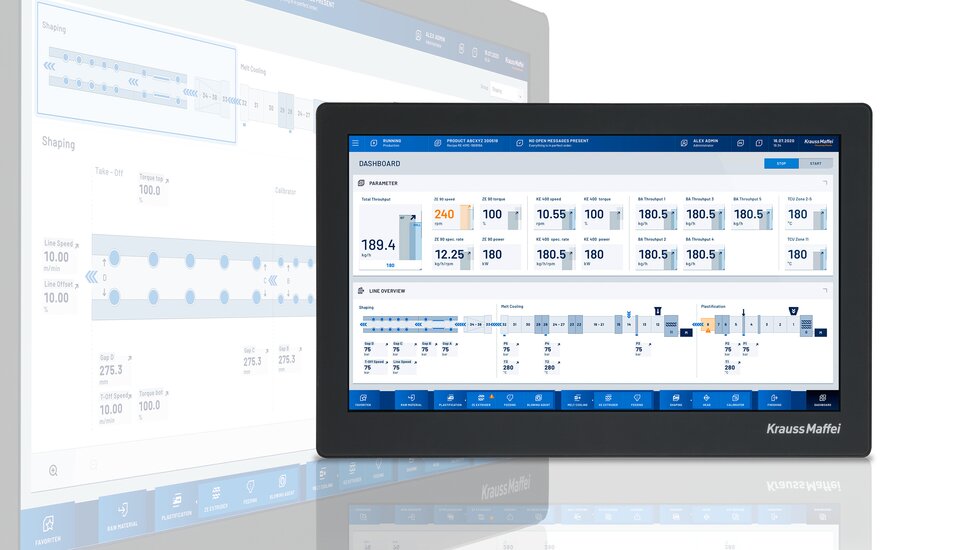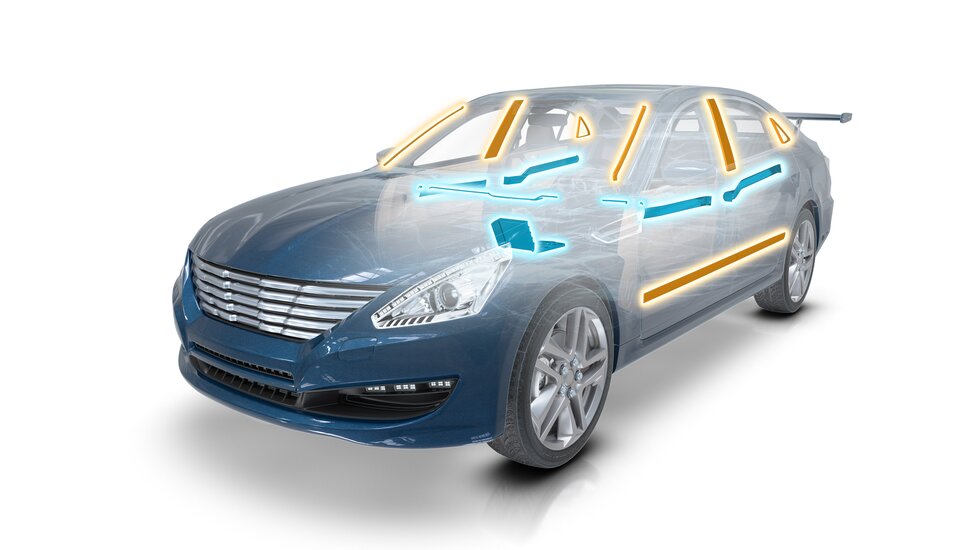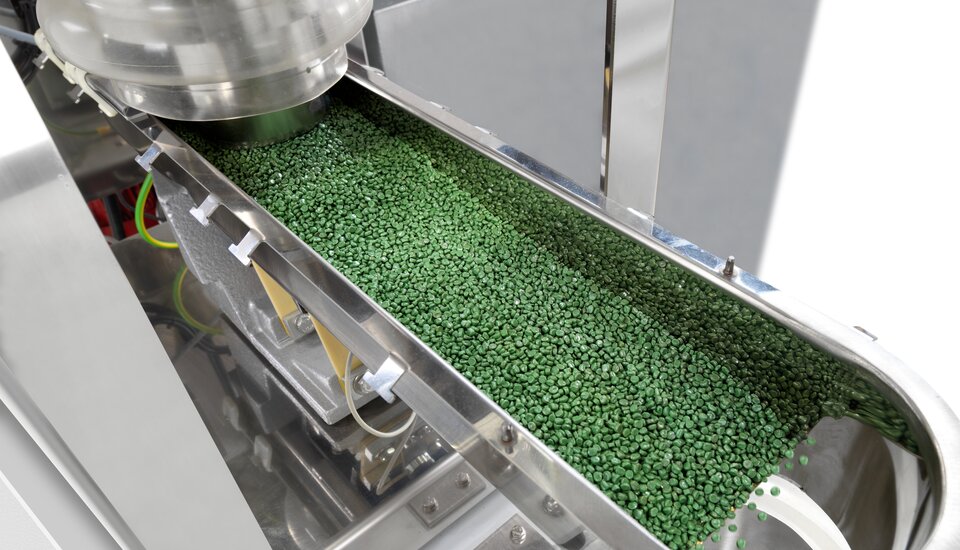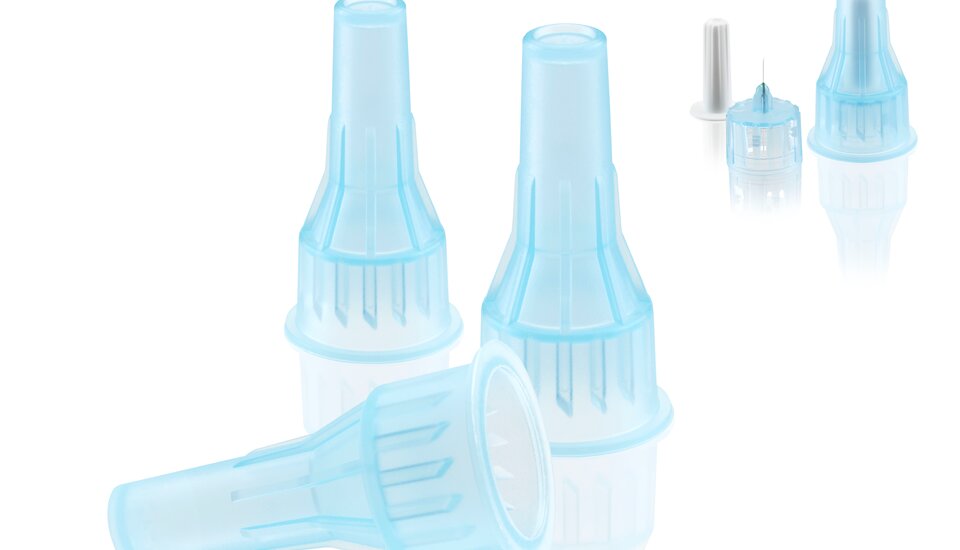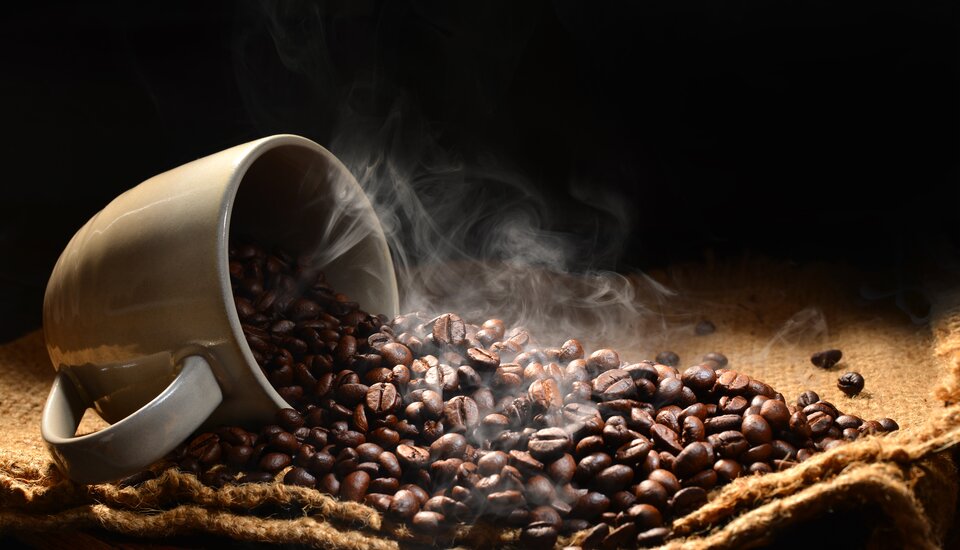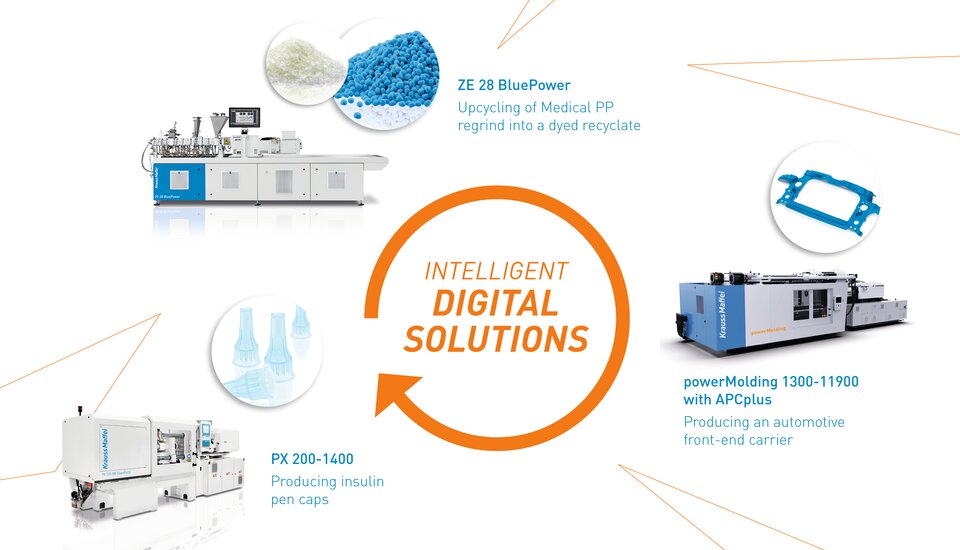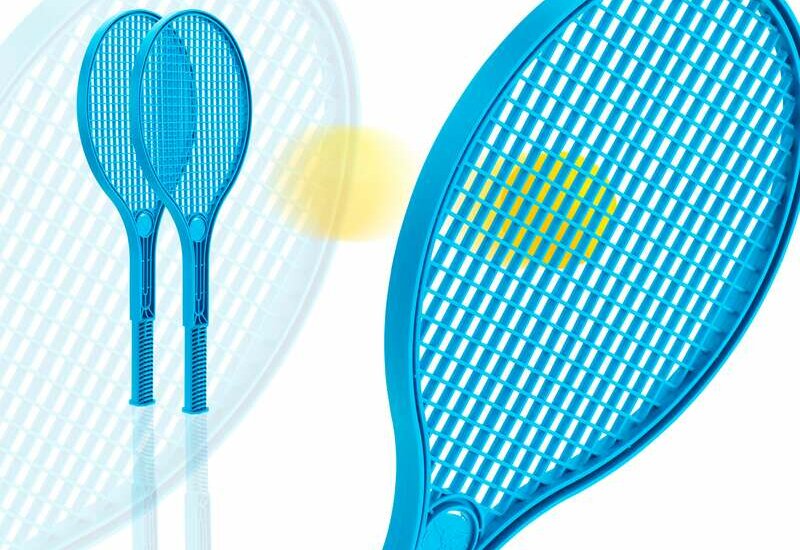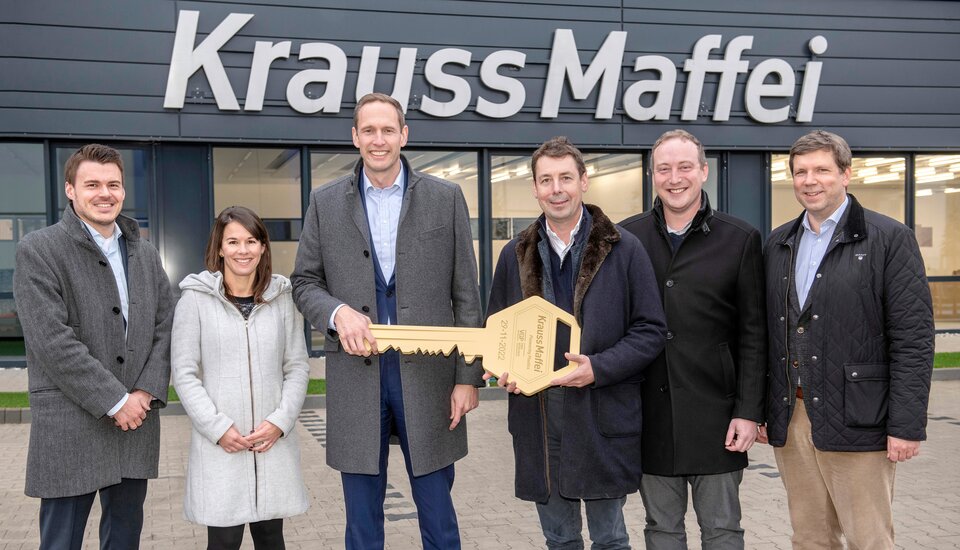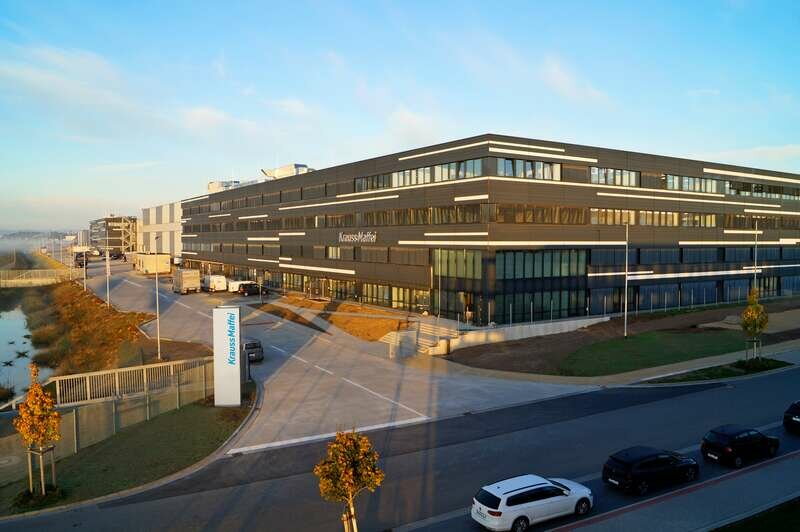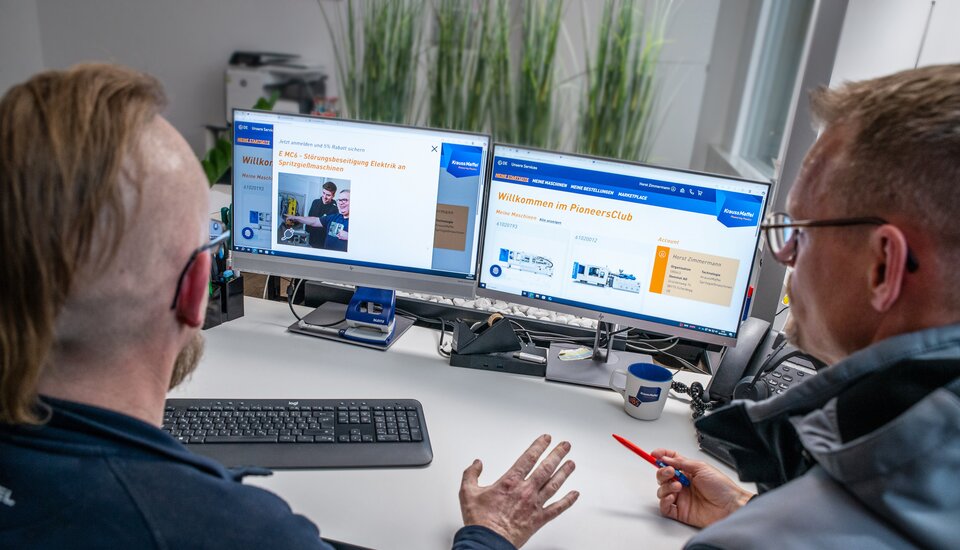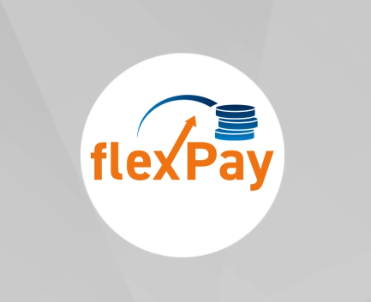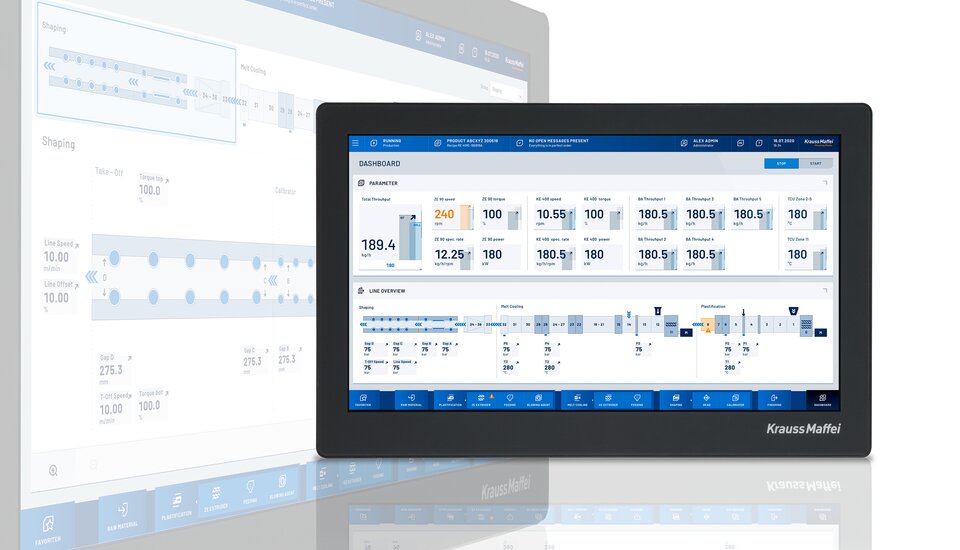
trendgineering
Own recipe sovereignty
| Petra Rehmet
Fiber Dynamics invests in GX 1100 DCIM
With the investment in a GX 1100-4300 DCIM from KraussMaffei, the composites specialist Fiber Dynmaics is moving into thermoplastic injection molding and direct compounding at the same time. Fiber Dynamics sees the main advantages in the company's own recipe sovereignty and thus greater flexibility, as well as faster cycle times and improved cost-effectiveness.
With their 100 employees, Fiber Dynamics has been developing and manufacturing highly complex articles from composite materials for 40 years. Customers come from a wide range of industries, such as the aerospace, defense and automotive industries.
When designing the right solution, the focus is not only on component-specific properties such as weight reduction or higher strength through integrated structures, but also increasingly on economic arguments such as the elimination of secondary assembly processes, a higher degree of automation and shorter cycle times. With this in mind, Fiber Dynamics is always open to new economical manufacturing processes.
DCIM much faster than previous LCTS solution
The decision to use DCIM (Direct Compounding Injection Molding) technology was made shortly after the initial contact with KraussMaffei, after less than six months. At the time, Fiber Dynamics needed to expand production and faced an even greater challenge with the production of propeller blades for the advanced air mobility market.
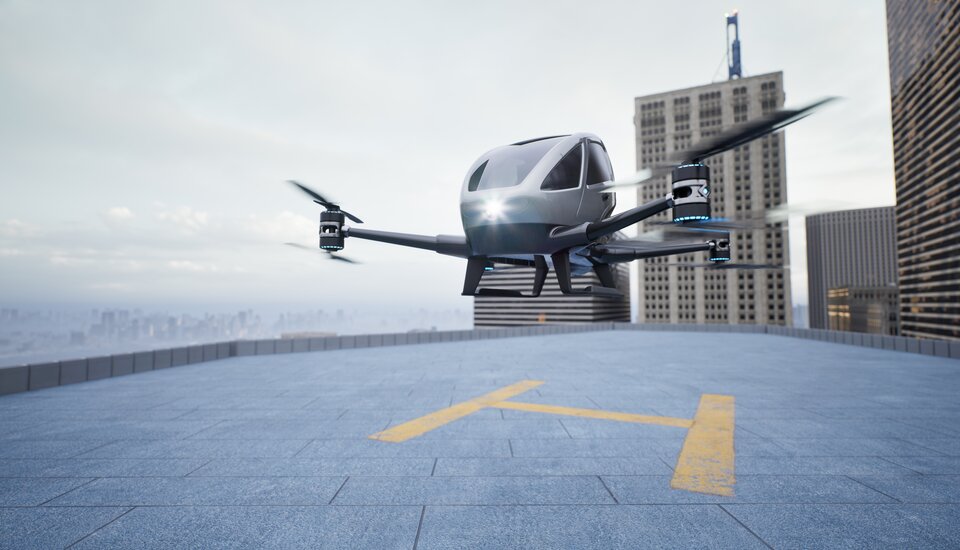
Advanced air mobility: Fiber Dynamics sees great potential for DCIM in the air taxi market

The existing Lost Core Tooling System (LCTS) solution was taking too long, had formulation limitations and was too costly using traditional methods. Injection molding was an obvious solution, but producing the proprietary and highly customized formulations posed an additional challenge.
KraussMaffei was able to quickly understand our problem and offer us a unique solution with its DCIM technology. In addition, KraussMaffei was able to demonstrate and implement the solution quickly.Darrin Teeter
CEO Fiber Dynamics
In-house formulation brings clear advantages
In addition to cycle times that are up to eight times faster compared to the previous LCTS technology, Fiber Dynamics sees the main advantage of DCIM technology in its own recipe control.
The ability to test a variety of different formulations and quickly develop new ones is crucial to the success of our program. Externally compounded formulations are generally not practical for our work and jeopardize the proprietary nature of our solutions,Darrin Teeter
CEO Fiber Dynamics
The ability to also produce technical thermoplastic molded parts and thermoplastic composites opens up a whole new dimension of versatility and added value for the company.
Close cooperation with leading research institute NIAR
An important partner in this project is the NIAR Institute ATLAS (Advanced Technologies Lab for Aerospace Systems) also located in Wichita, Kansas. With 1,400 employees and an annual research budget of more than USD 240 million, NIAR (National Institute for Aviation Research) is the leading research institute in the field of aviation in the USA.
Since mid-2023, ATLAS has been operating a GX 450-1400 from KraussMaffei in its 150,000 square meter research pilot plant, which is also designed for the FiberForm and ColorForm processes. Darrin Teeter: "When we discovered the potential to produce our LCTS materials by thermoplastic injection molding, we were able to use the laboratory machine at ATLAS to carry out important validation processes. The results were excellent, so we quickly decided to purchase the DCIM system."
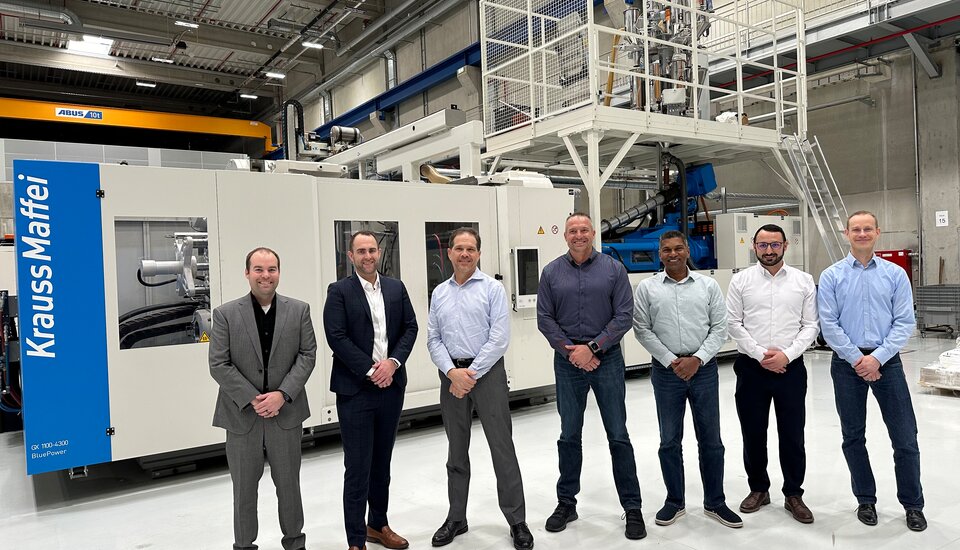
Strong team for a strong project (from left to right):
Brennen Shelton (General Manager, Fiber Dynamics), Eugen Schubert (Sales & Application Manager Krauss-Maffei Corporation), Darrin Teeter (CEO Fiber Dynamics), Nolan Strall (President Krauss-Maffei Corporation), Waruna Seneviratne (Director ATLAS), Christian Seyferth (Global Expert Sales KraussMaffei) and Thomas Drogi (Process Engineer) in front of the GX 1100-4300 DCIM at the Technical Centre in Parsdorf

The GX 1100-4300 DCIM system with a clamping force of 11,000 KN is scheduled to start production in Wichita in May. Initially, it will produce tooling mandrels for composites articles in aircraft, such as propeller blades, wings and landing gears. Fiber Dynamics also sees great future potential for DCIM technology in the automotive and sporting goods industries.
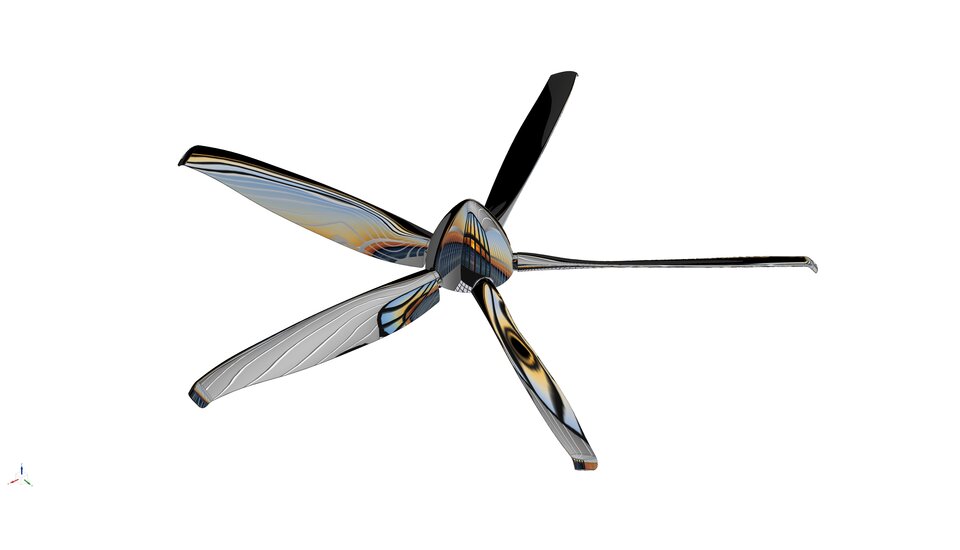
Shorter cycle times thanks to DCIM: The new in-house designed propeller blades from Fiber Dynamics

DCIM from KraussMaffei - economical and sustainable
The DCIM process combines injection molding and compounding in a single process. A single-screw extruder handles the material preparation, making the process particularly cost-effective for smaller components with a shot weight of 50 g to 2000 g. Material savings of up to 50 percent per kilogram can be achieved.
The entire process takes place in one heat, as the compounded melt enters the plasticizing process of the injection molding machine without any intermediate stops or cooling. This reduces polymer degradation, saves energy costs and reduces the CO2 footprint.
Contact
emily.wei@kraussmaffei.com
Contact
eugen.schubert@kraussmaffei.com
